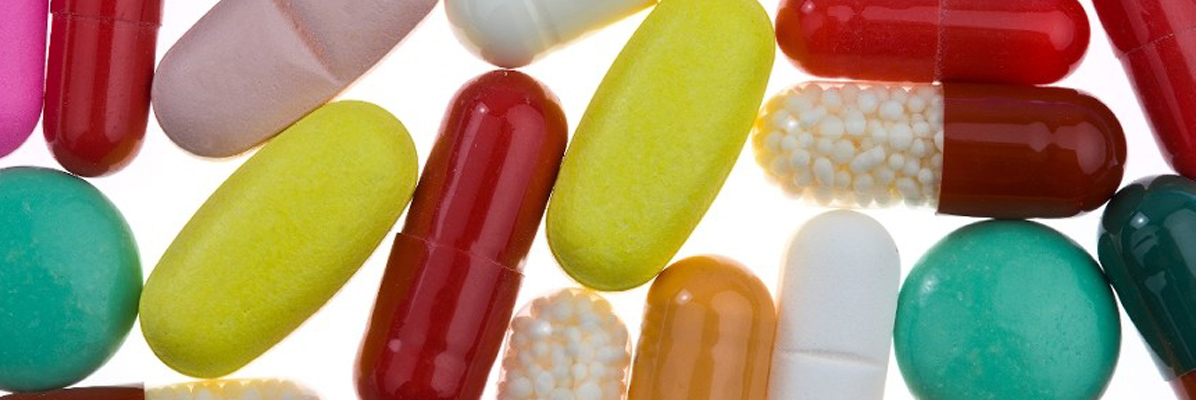Why is medication disposal a concern?
The three main hazards of keeping old medicines or of disposing of them carelessly are:
- Possible poisoning from accidental swallowing of the medicines, particularly among young children and pets.
- Illegal use or theft, including identity theft, from containers showing personal information.
- Contamination of water, which can result in reproductive and developmental problems in fish and other aquatic wildlife if medicines are flushed or placed in the trash.
How do medicines affect the environment?
Because sewage treatment plants are not designed to deal with medications, these chemicals can be released into streams, lakes, and groundwater and disturb fish and other aquatic wildlife.
Even though a substance is safe enough to be taken as medicine, it still can cause environmental harm. If our medicines are reaching streams, rivers and lakes, organisms living in these habitats may be continuously exposed to these drugs. Some aquatic organisms living in waters near wastewater treatment plants show signs of problems.
Disposal Do’s
- Do return unwanted/expired medicines to your local take-back programs.
- Do check your state’s guidelines on medicine disposal and donation.
- Do ask your pharmacist or doctor for advice on how to dispose of your unwanted or expired medicines.
Disposal Don’ts
- Do not flush medicine down the sink or toilet.
- Do not place in the trash without taking precautions. (See “What Can I Do With Old and Unused Medicines?)
- Do not give or sell to others.
How can I reduce the quantity of unwanted medicines in my home?
- Purchase only as much as you need and take it as prescribed by your doctor.
- Keep all medicines in one place so that you know what you have on hand.
- Say “No” to physician samples if you are not going to use them.
What can I do with old and unused medicine?
Flushing medicine down the sink or toilet may be bad for the environment. Throwing it away with the trash may cause less pollution, but there is a risk that other people or animals may get hold of it. Privacy may also be a concern if containers have labels with names and other personal information.
The following steps can be taken to more safely get rid of unused and expired medication:
- Keep medications in the containers they came in with child-resistant lids firmly in place.
- Remove labels before discarding the medication or use a permanent marker to cover any personal information on labels.
- If throwing away liquids, place the liquids in a plastic bag that can be sealed in case of leaks. Wrap glass bottles to prevent breakage.
- When disposing of pills or capsules, add a small amount of water to at least partly dissolve them. Allow them to partially dissolve out of reach of children and pets.
- Mix medications with things like cat litter or coffee grounds so people will be less likely to take them.
- Put the medication inside a package such as a box that doesn’t show what’s inside.
- Put the medication in the trash as close to pick-up time as possible – do not place in recycling bins.
pima county disposal locations
Useful Links for Medication Disposal
Dispose A Med
Information for disposing of medications in Pima County. Includes a calendar for upcoming medication take-back events. In the middle of the bottom of the calendar page is a list of the permanent sites in Green Valley and Sahuarita.
Drug Enforcement Agency
For national guidelines for disposal and take back events.





